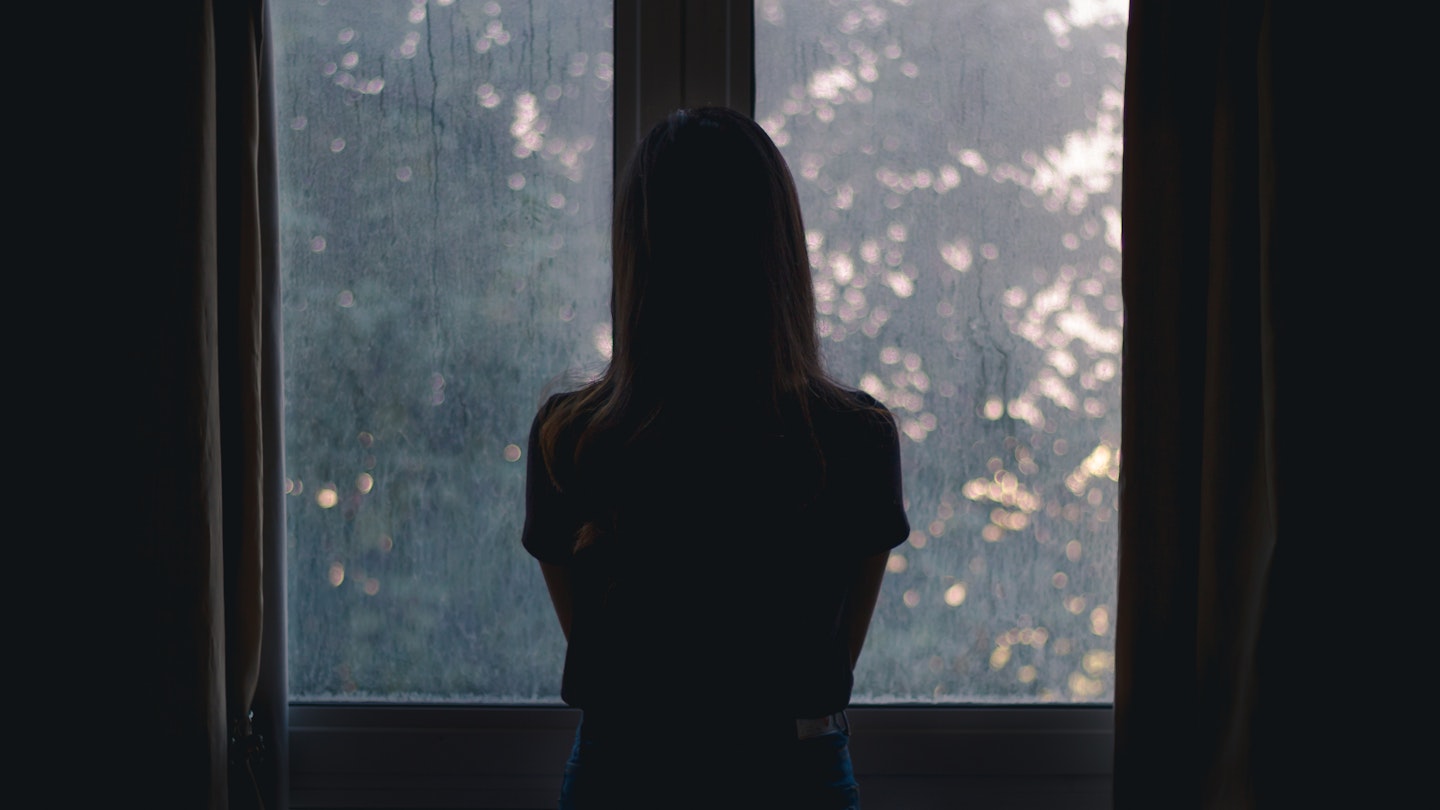On Monday evening, Boris Johnson curtly told the nation to 'stay at home' after people were seen congregating in parks and outdoor spaces over the weekend, ignoring the government's measures to protect 'high risk' individuals. Arguably, the swathes of people that were reportedly seen in Snowdonia and Skegness highlight that many able-bodied people feel unconcerned about containing the spread and potentially infecting vulnerable people. Now, a full UK lockdown has ensued, which will hopefully protect and further support 'high-risk' communities.
Mimi Butlin, a chronic illness and disabled activist, tells Grazia she's 'relieved' that there is now a UK lockdown. 'Now the elderly and the sick can be protected,' she says, adding that it's been 'disheartening and frustrating' to see able-bodied people socialising during this crisis. 'As usual, the elderly and disabled communities have been ignored by society.'
Ciara Broughton, a 25-year-old with primary ciliary dyskinesia – a lung condition that causes defects in the action of the cilia in the respiratory tract – feels particularly frustrated with people who have failed to take Covid-19 seriously. ‘When I hear people saying “I'm going to take my chances”, I think, “but you could also kill someone - so why would you?"’ she told Grazia over phone before the UK lockdown was announced, adding that she is disappointed with the government’s slow response to the crisis.
‘It's just so disheartening for people like me because the chances are so high,’ she said. ‘I just got out of hospital a month ago after contracting Pseudomonas. So getting this coronavirus [would be] deadly for me – as dramatic as it sounds.’
But while society’s ableism has been side-lining the vulnerable, an online community is giving people who are ‘high risk’ a voice. Yesterday, Fight Like A Warrior's founder Alexa Chronister and director of advocacy Jaelin Palmer launched a #ProtectThe Vulnerable Movement - alongside the creators of the hashtag #WeAreTheVulnerable – to ‘put faces to those most vulnerable to COVID-19’ and ‘urge everyone (chronically ill or not!) to take the pledge to self-isolate and stop the spread.’
'We wanted to put a face to the "vulnerable" community that's being identified within the coronavirus crisis, ' Alexa Chronister, Fight Like A Warrior's founder, told Grazia. 'When people speak about coronavirus, often people say, "Don't worry, it only affects these vulnerable populations." So, the purpose of the hashtag is to show that these people have value, they have families, they have lives, they have dreams. These people matter.'
Alexa explains that it was 'disheartening' to hear the supposedly 'comforting' narrative that most abled-bodied people would survive the virus, while the disabled and sick community were at risk. 'It was sad to see that this rhetoric was going around and coming from top officials and experts. It's really trickled down to the entire population and it continues to affect how people are reacting to the virus.' But she says this reality is unsurprising: 'Often these populations are forgotten about or left behind - they're thought to have less value in some way.'
Sara Grace, the founder of @wearethevulnerable, has also taken to Instagram to urge people to 'look at the ripple effect of your actions.'
Writing on Instagram, she said: 'The truth is we are ALL vulnerable. We are ALL capable of infecting people we love. No one wants to be reminded of their own fallibility - especially in times like this. No one is impervious to sickness and disease. The chronically ill know this fact better than most. We are asking you to look at yourself, as scary as that is. Look at the ripple effect of your actions. Look at us. We are not disposable. We are not invisible.'
Elsewhere in the online community, Twitter users are using another hashtag - #highriskCovid19 - to highlight the ableism that exists within society and reminding people take care of the vulnerable community. 'I’m 34, look healthy, but have 3 rare diseases & am very #HighRiskCovid19. Help all affected, not just some,' wrote Jade Simon, while another wrote: #HighRiskCovid19 - keep in mind when you are just "going about your life as normal" and hoarding supplies that you may be signing my death warrant. My life is worth living!'
Speaking out, Alexa explains, is so important because the disabled and elderly community need to educate people who are not aware of their experience: 'We need to look beyond the people we are normally attracting, which are the chronically ill, caretakers and people within the medical and health space,' she says, adding that the response from the wider community has been encouraging. 'Those are the people we truly need to be involved and take this seriously because it wouldn't be possible without them. We need everybody to take part in order to stop the spread of this virus.'
READ MORE:[Coronavirus: What Does The UK Lockdown Mean?](http://Coronavirus: What Does The UK Lockdown Mean?)
Life: Coronavirus 2020
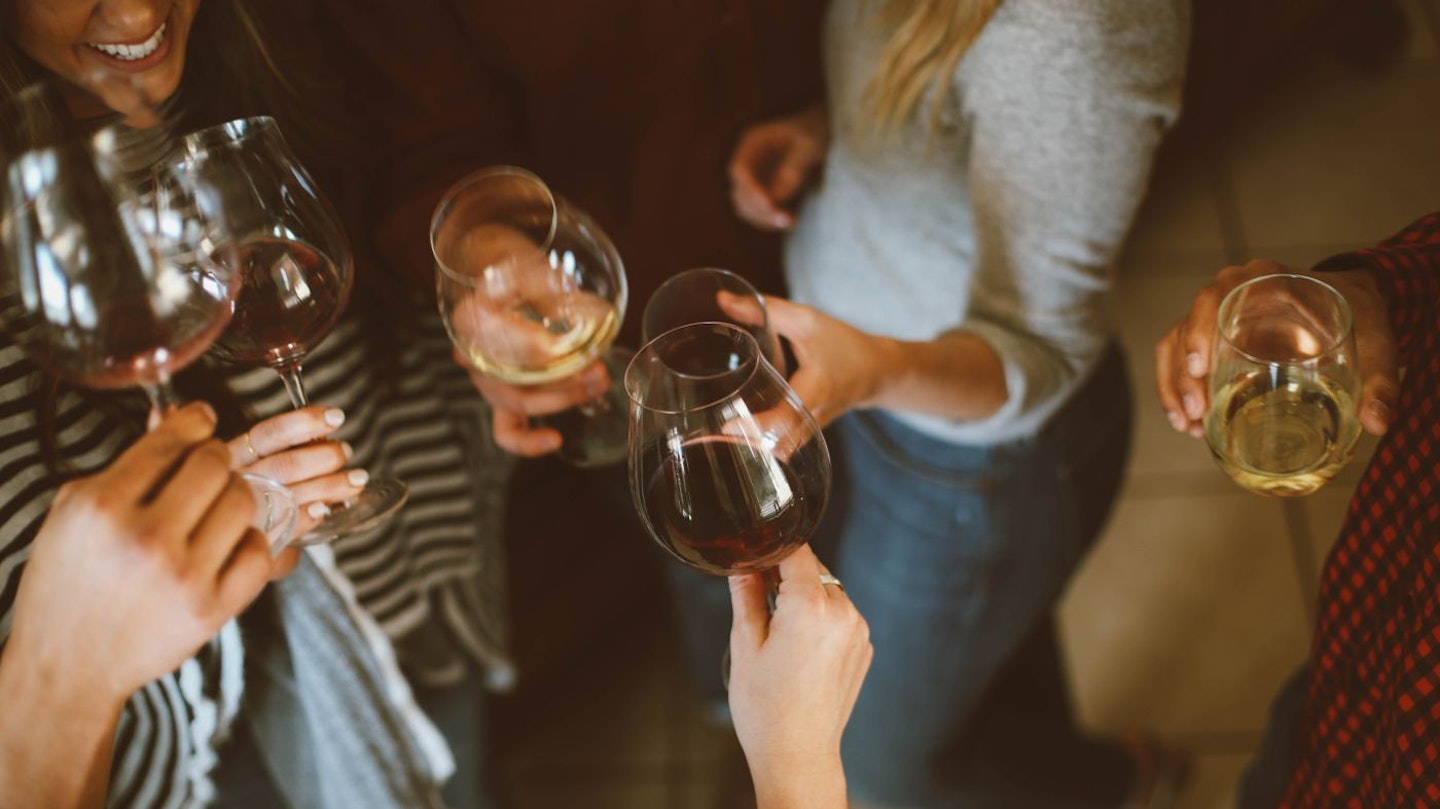 1 of 14
1 of 14Coronavirus: I’m Young And Healthy – Is It Ok To Go Out And See Friends?
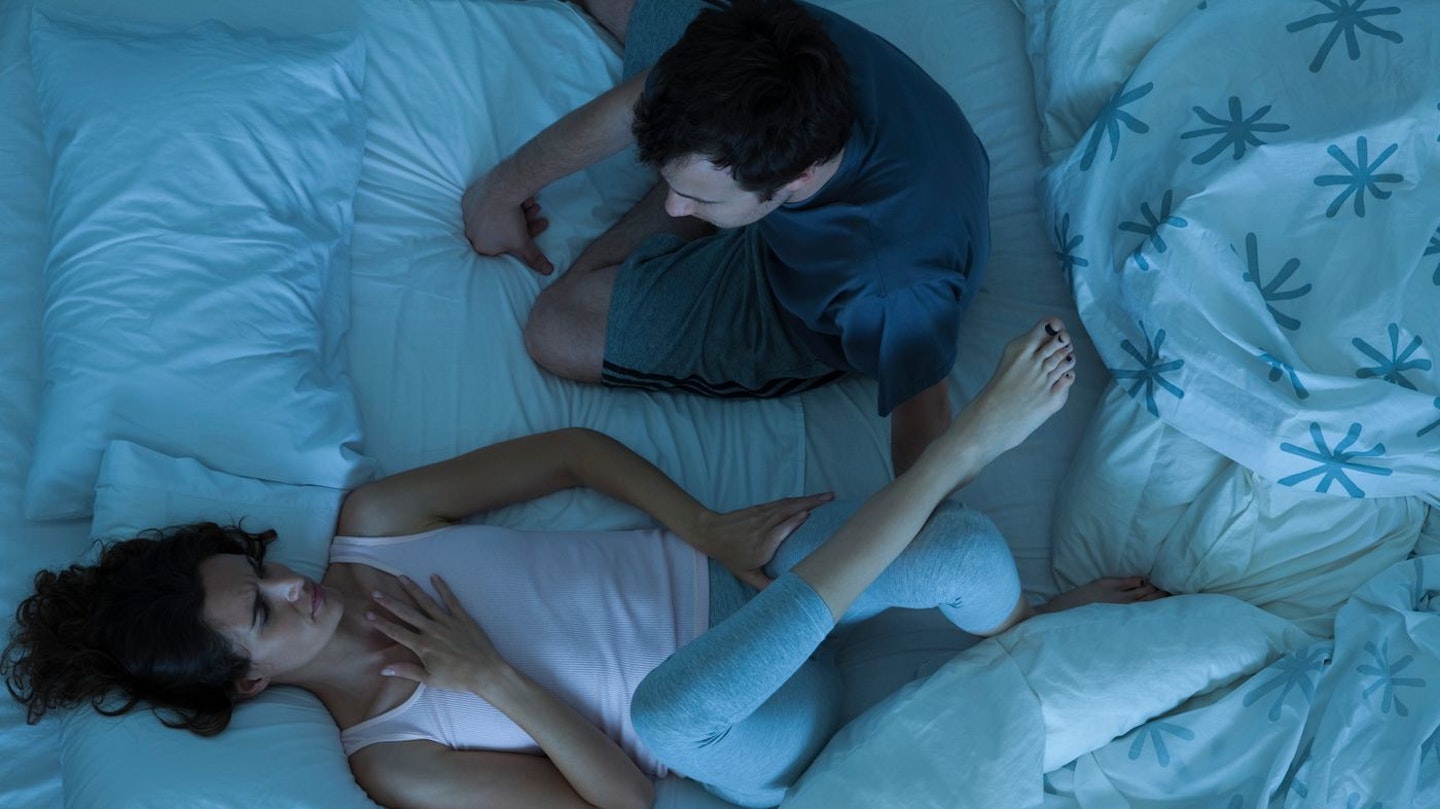 2 of 14
2 of 14I've Been With My Boyfriend For Four Months – Should I Go Into Quarantine With Him?
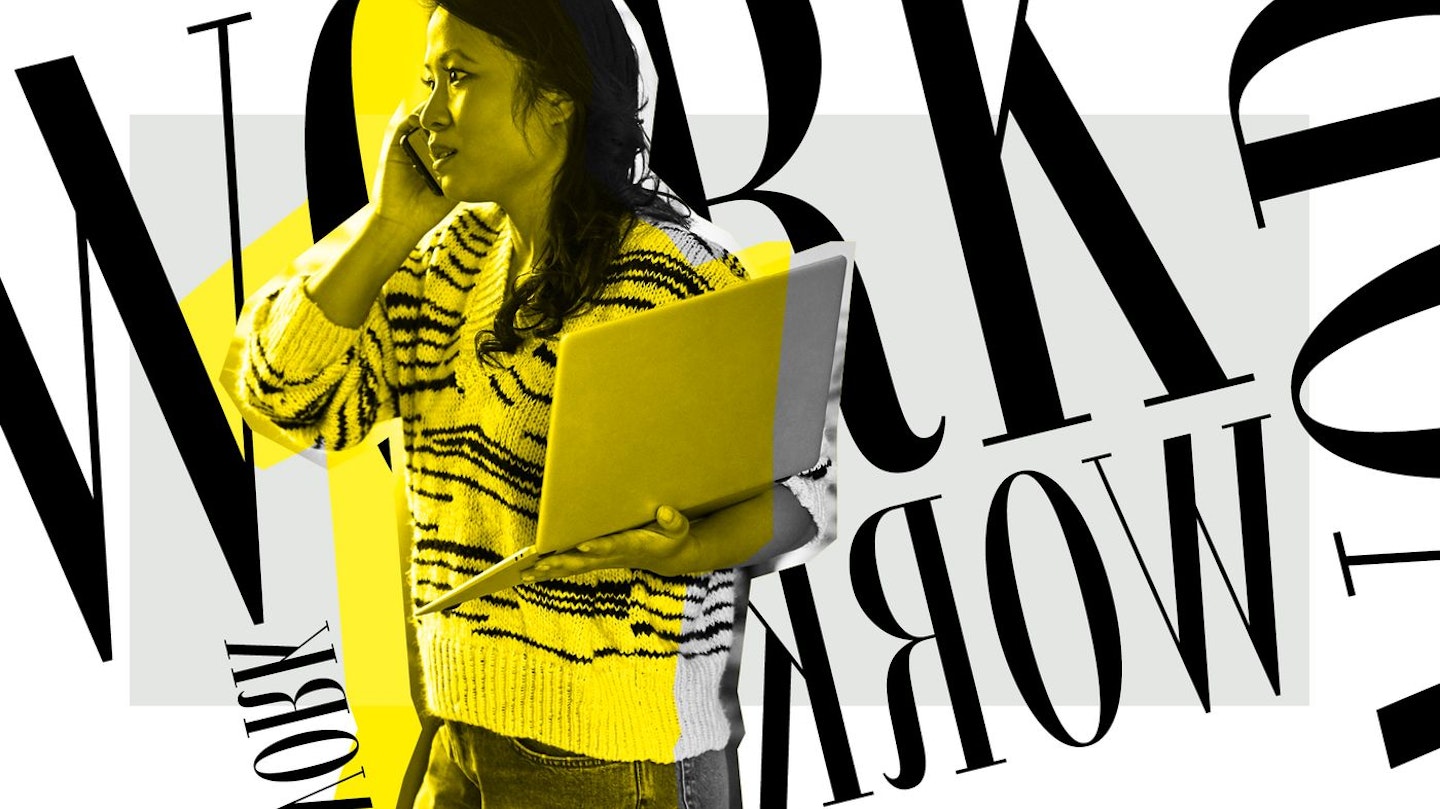 3 of 14
3 of 14Working From Home And MissIng Your Colleagues And Your Routine?
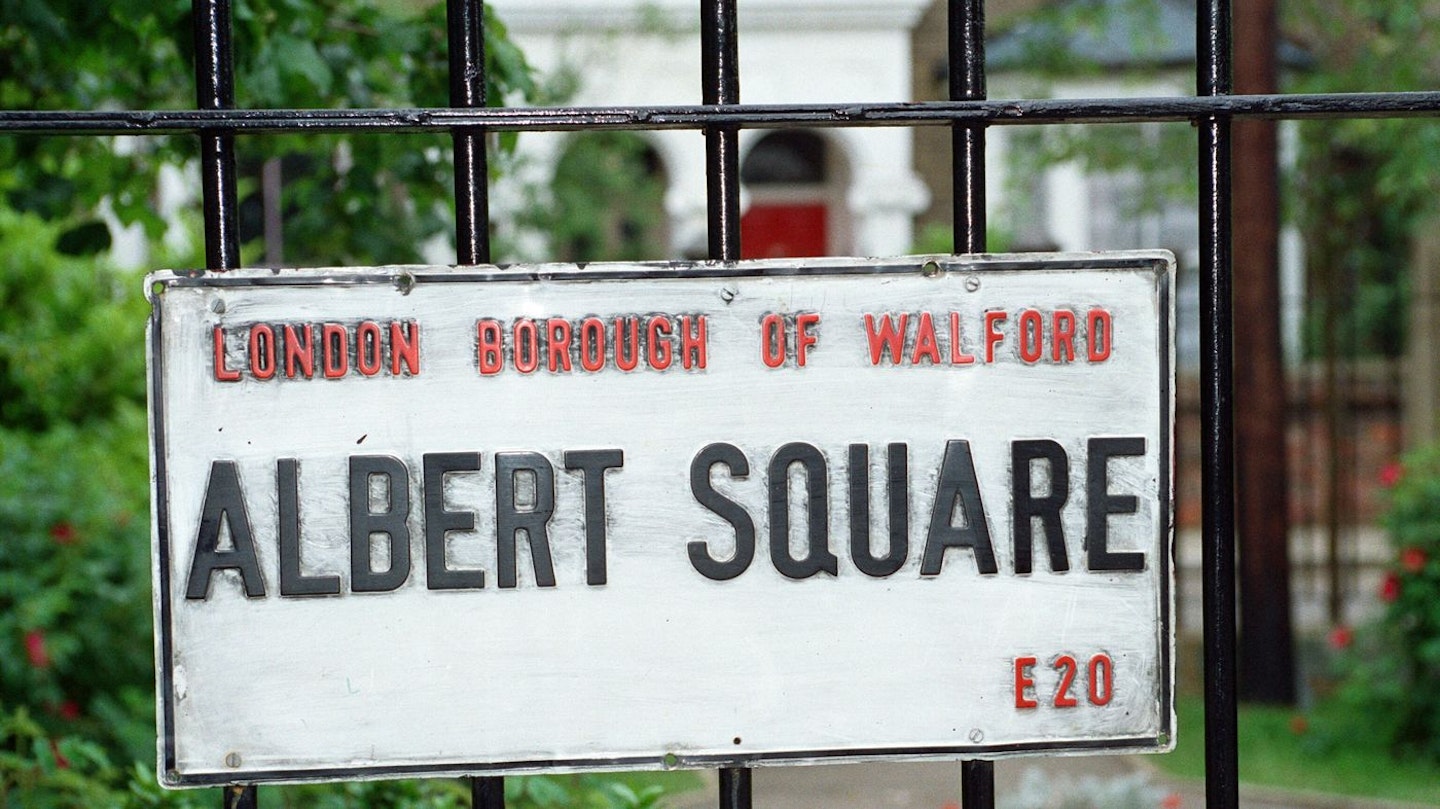 4 of 14
4 of 14From EastEnders To The Friends Reunion: Here's How Coronavirus Is Affecting Our TV Schedules
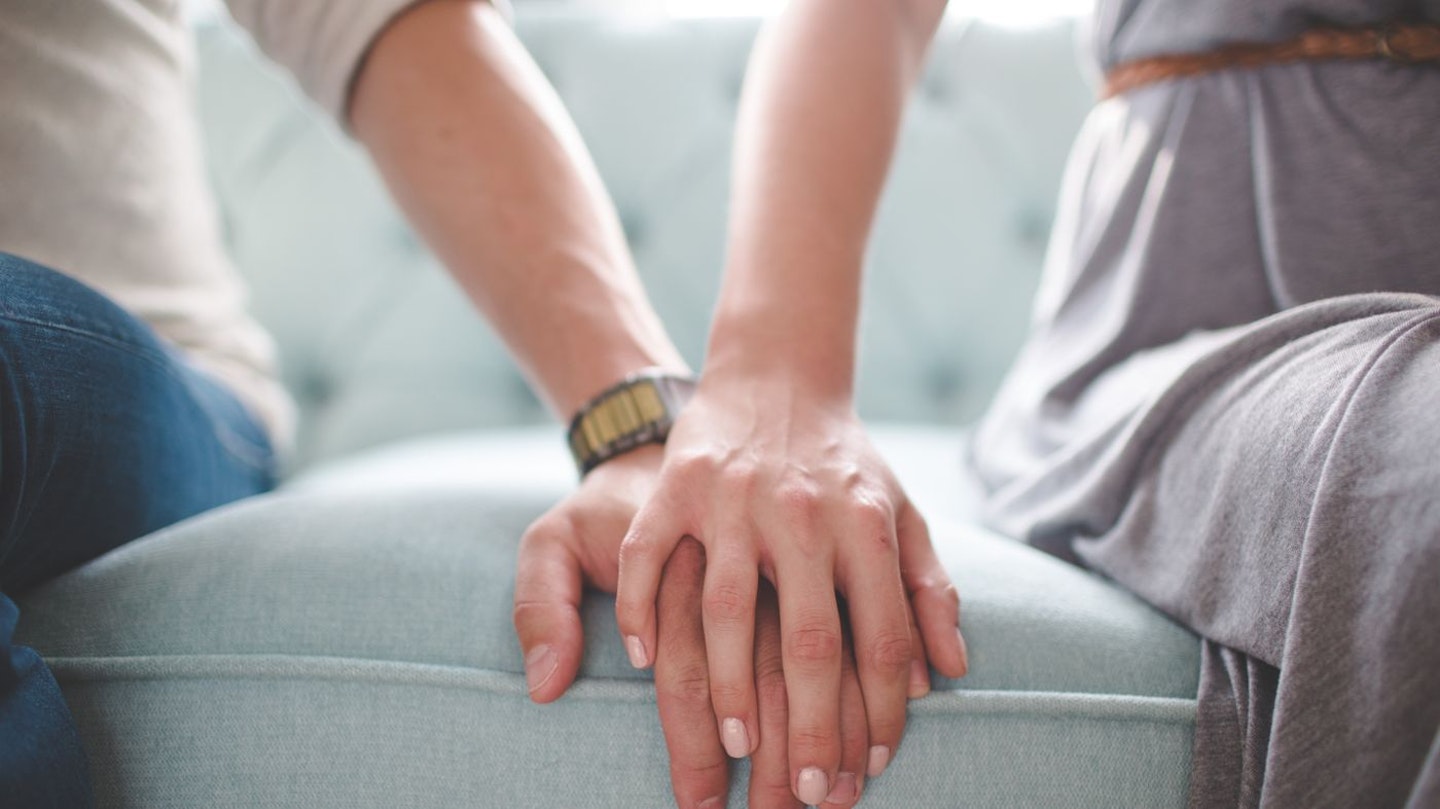 5 of 14
5 of 14Coronavirus: How To Survive Being Cooped Up As A Couple
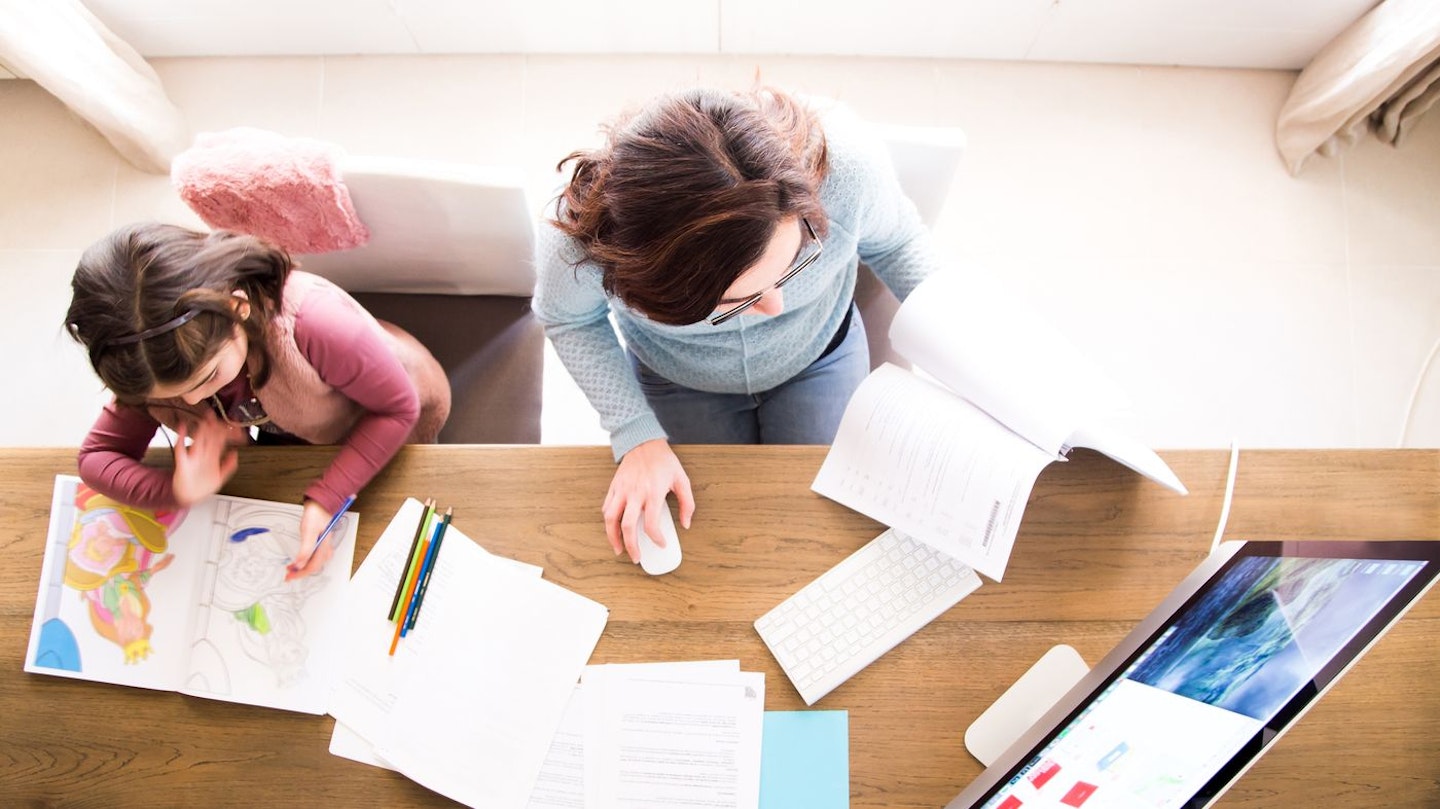 6 of 14
6 of 14Coronavirus And Parenting: The Importance Of Structure, Honesty And More TV Than Usual
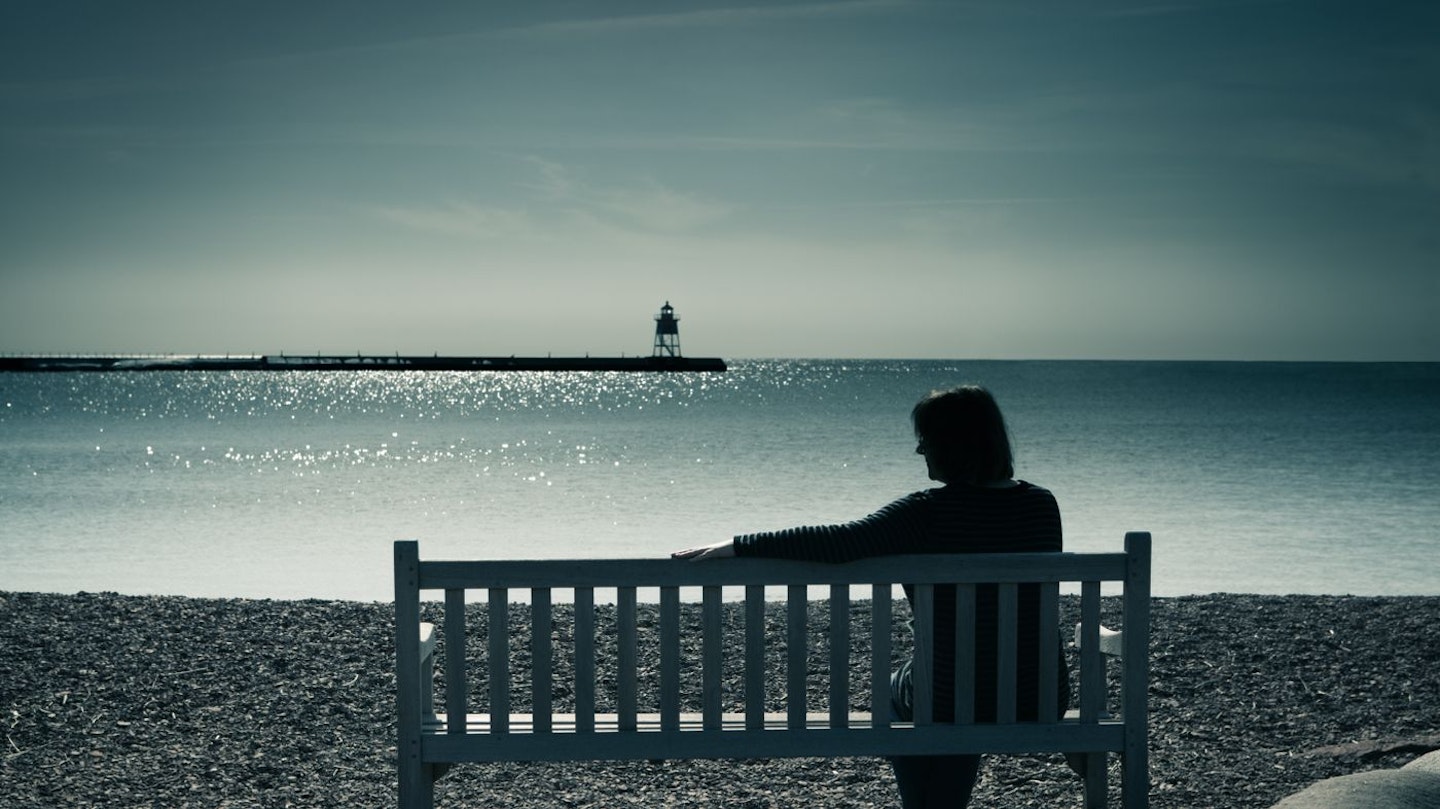 7 of 14
7 of 14How Coronavirus Is Changing My Relationship With My Mum, And My Daughter
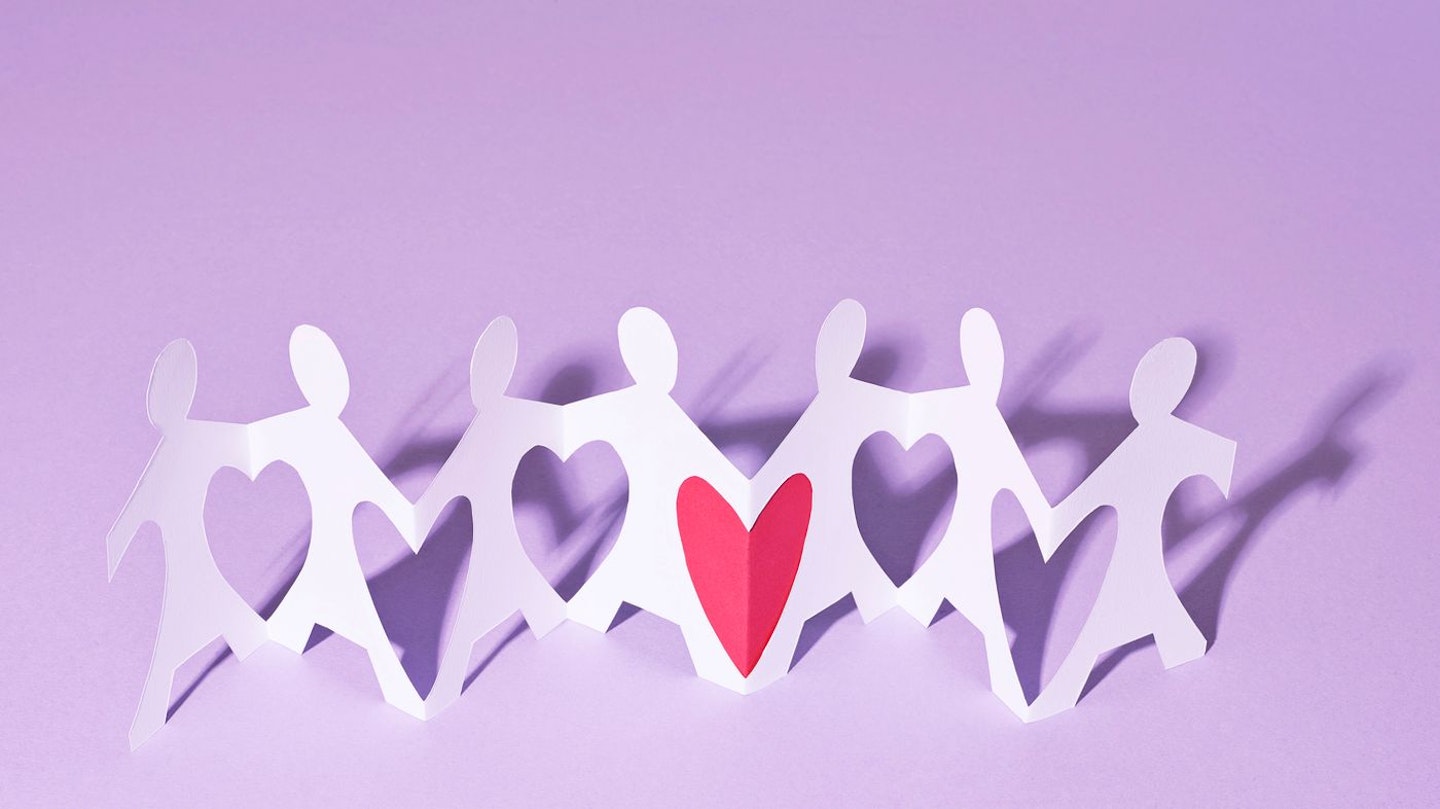 8 of 14
8 of 14Coronavirus: How To Help The Most Vulnerable Women In Society
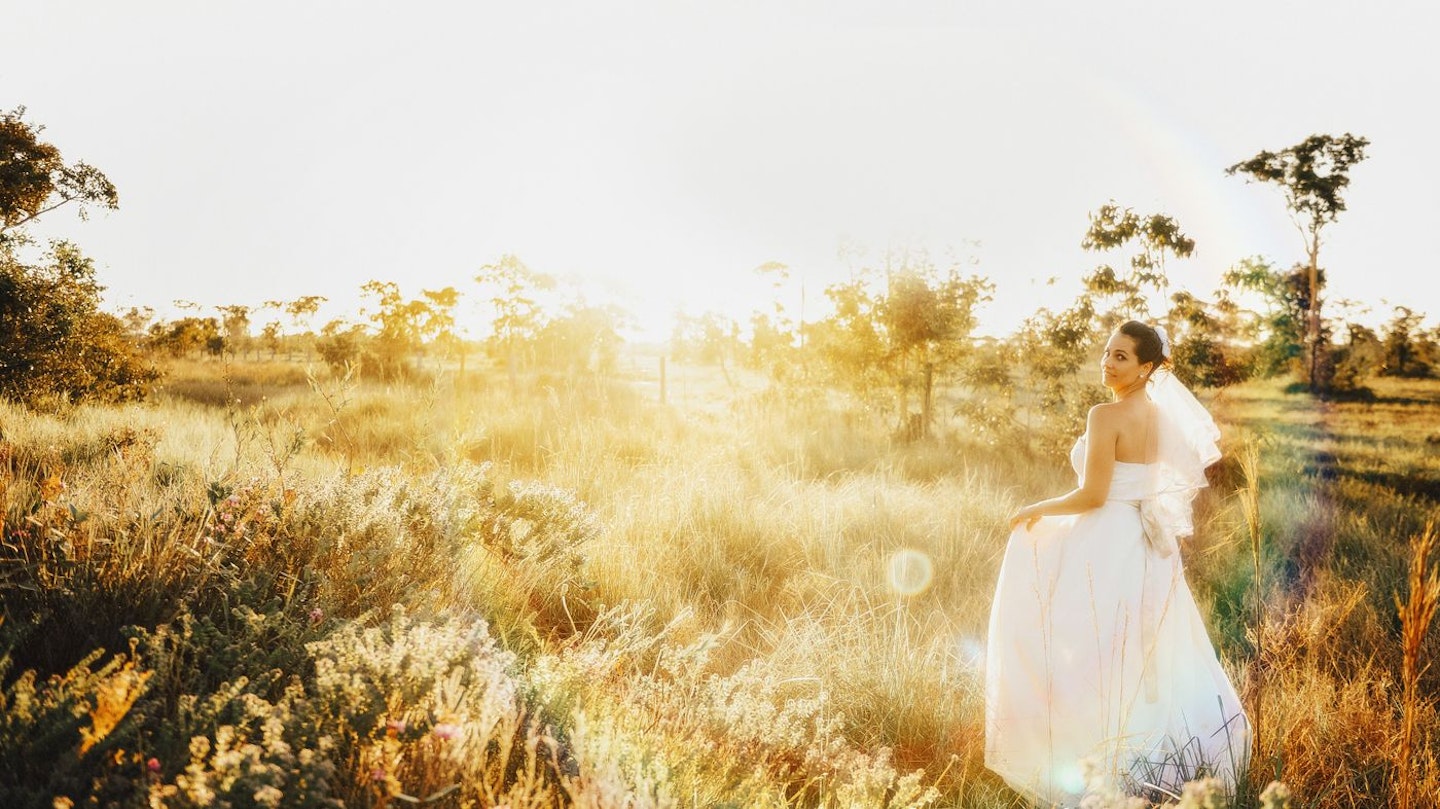 9 of 14
9 of 14Coronavirus: The Reality of Cancelling A Dream Italian Wedding
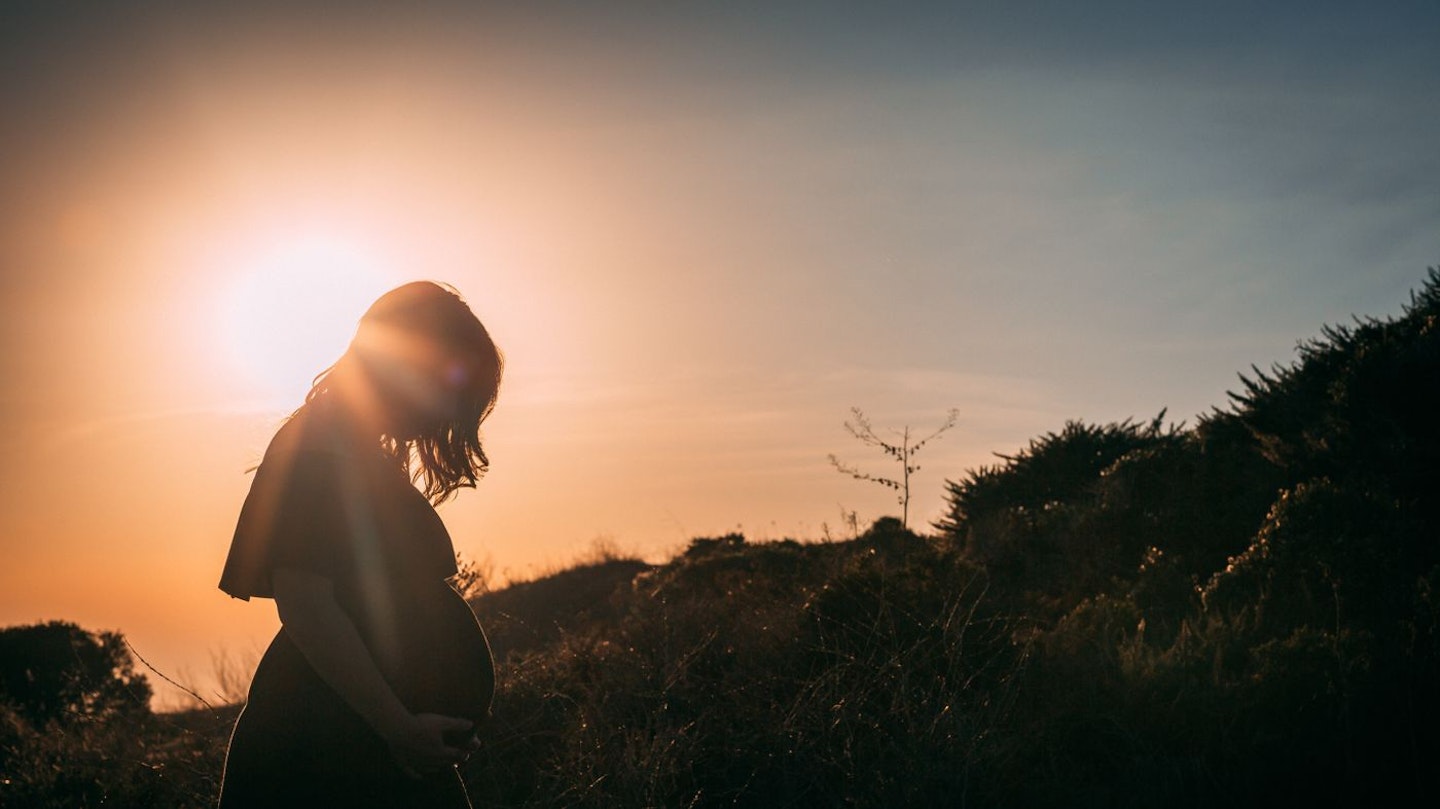 10 of 14
10 of 14‘I Just Have To Hope The Baby's Doing OK’: How It Feels To Be Pregnant Or Trying To Conceive During Coronavirus
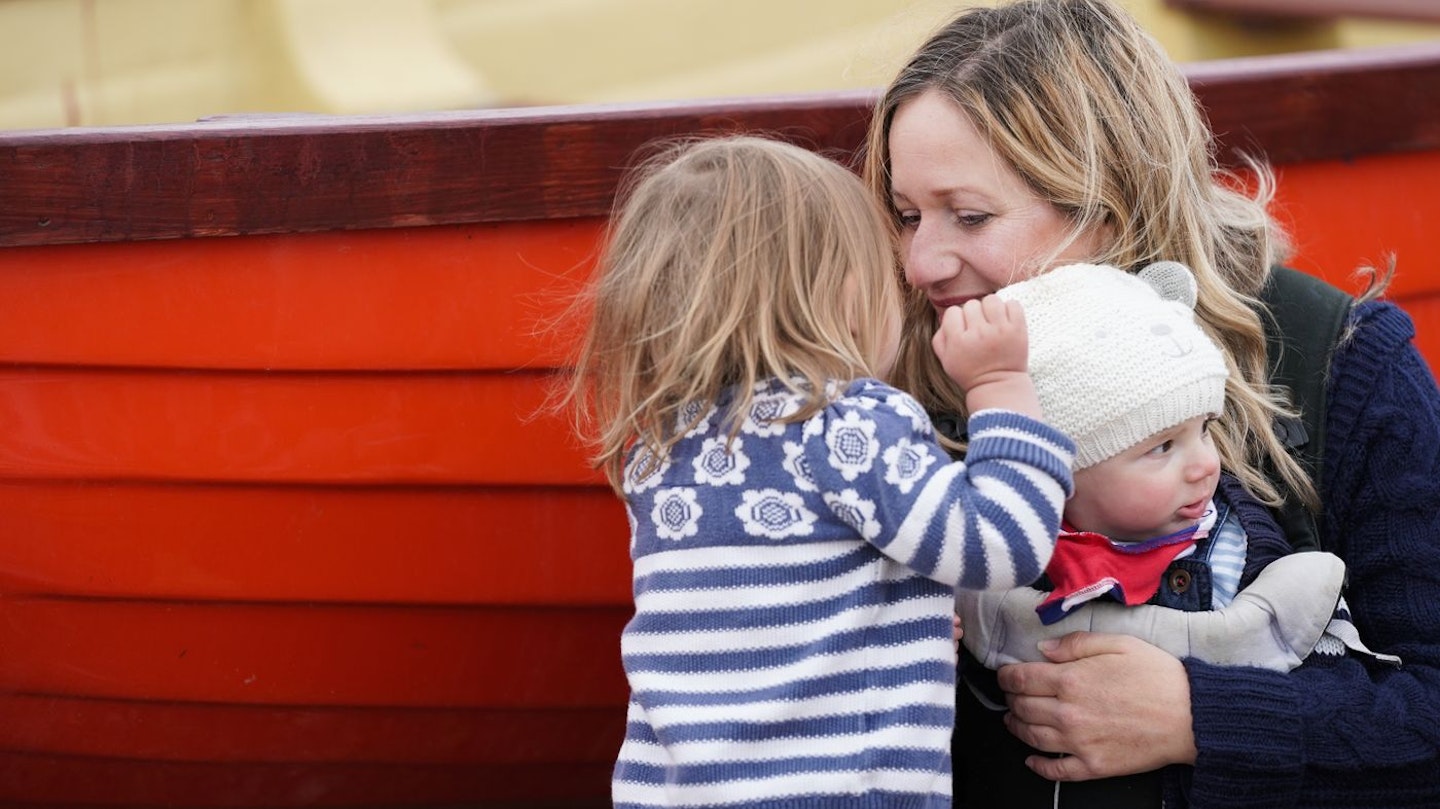 11 of 14
11 of 14Coronavirus: As A Solo Parent During A Pandemic, My Back-Up Plans Have Been Shaken
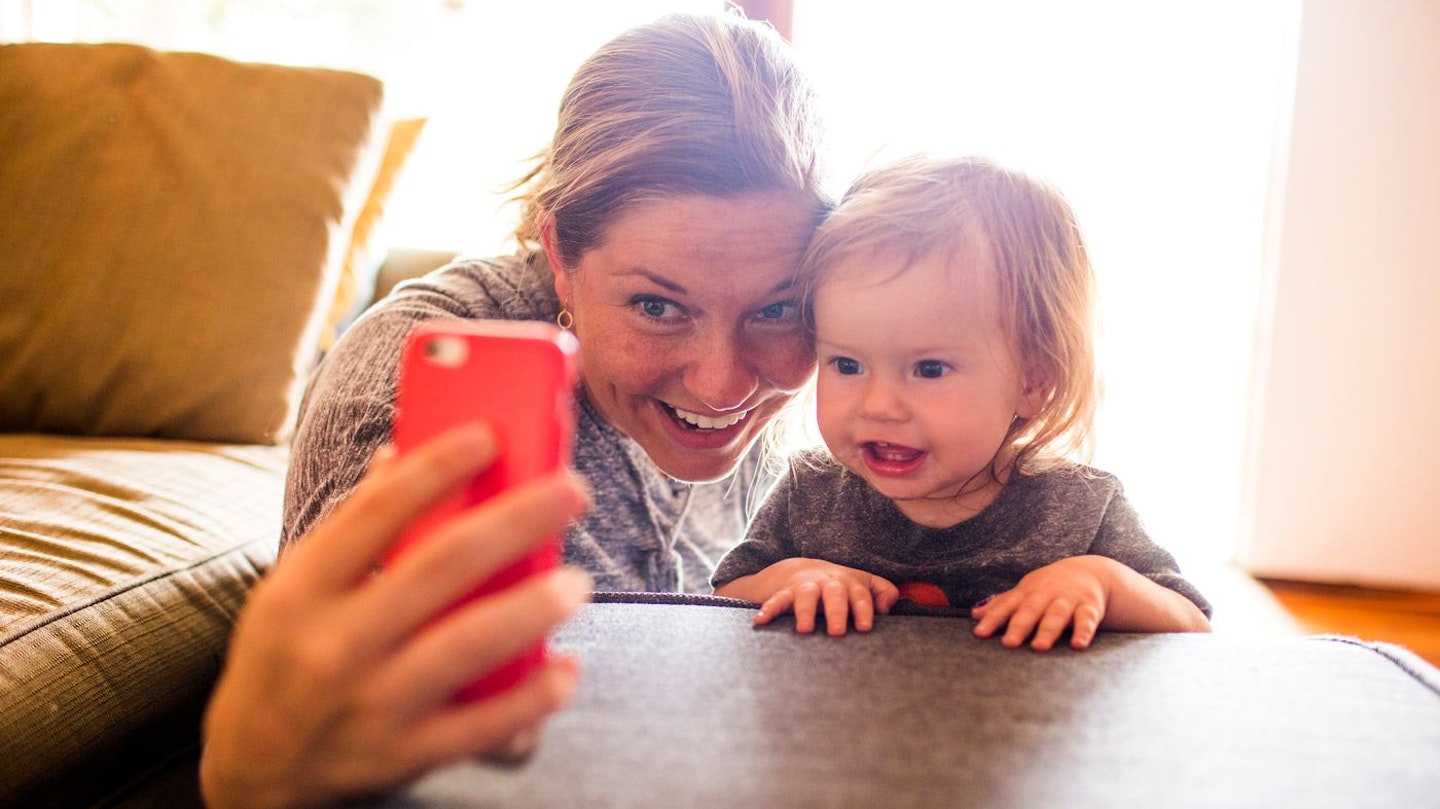 12 of 14
12 of 14Coronavirus: How Can We Celebrate Mother’s Day While Being Socially Responsible?
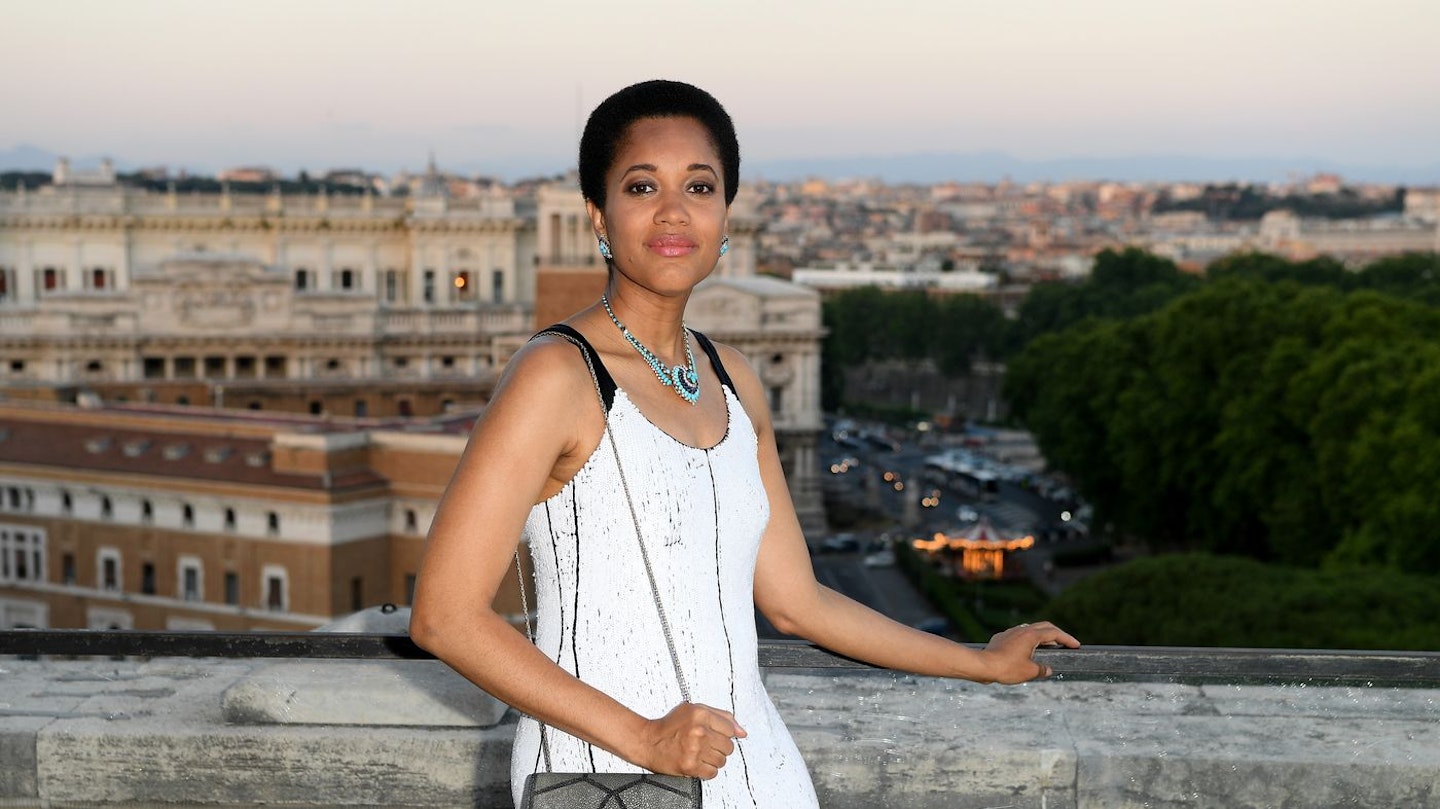 13 of 14
13 of 14Coronavirus In Italy: What It's Like Living In Lockdown
 14 of 14
14 of 14